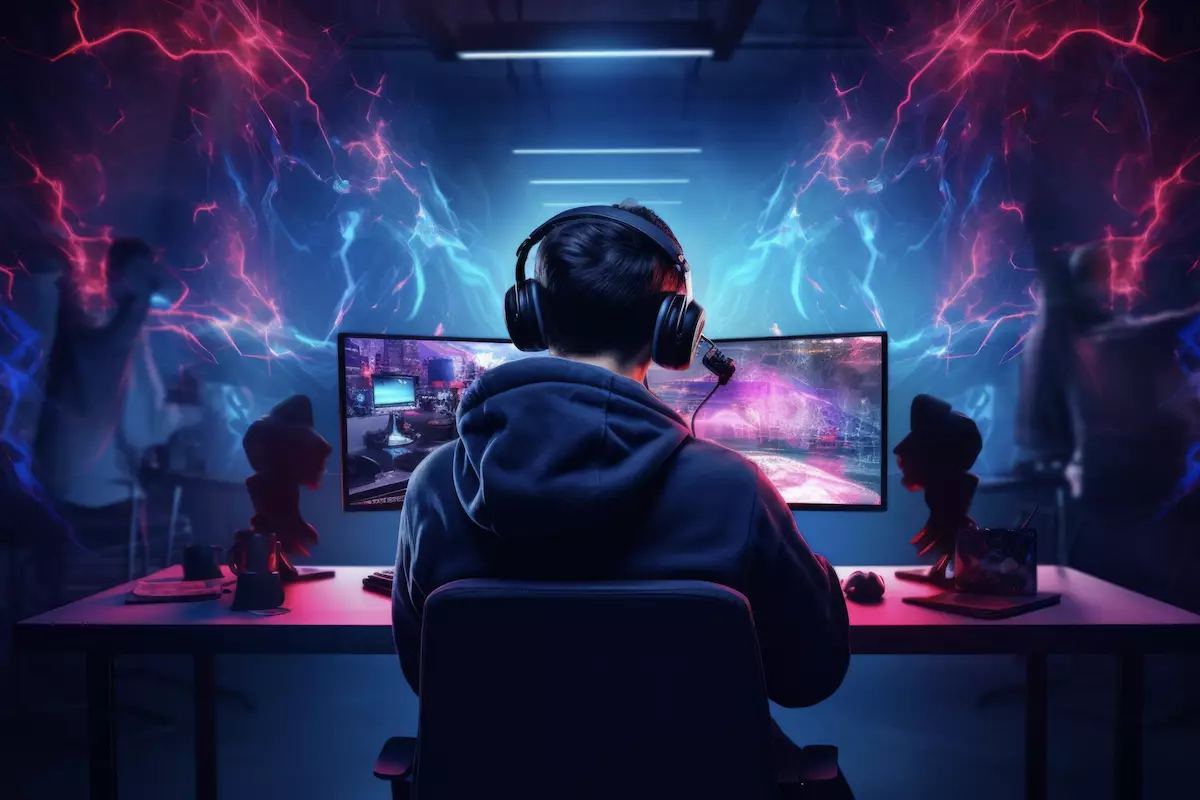The gaming landscape is on the verge of transformative change as Web3 technologies prepare to dominate the market. By early 2025, a host of new games are set to enter the scene, all offering the tantalizing promise of true ownership over virtual assets through blockchain technology and non-fungible tokens (NFTs). Unlike traditional gaming models, which often keep asset ownership firmly in the hands of developers, Web3 gaming is constructed on the foundation of transparency and autonomy. Players are not merely participants; they become stakeholders in the games they love, capable of buying, selling, and trading in-game items they’ve accrued during their adventures.
In this burgeoning ecosystem, the notion of player empowerment resonates strongly. As developer efforts ramp up, the projects slated for launch in Q1 2025 represent a new frontier where gaming experiences promise to enrich player engagement beyond conventional paradigms. With the integration of blockchain, players will increasingly be able to afford themselves a deeper connection to their digital possessions, discovering a market where they can profit from their in-game efforts.
Among the most highly anticipated releases is **Forgotten Runiverse**, an MMORPG inspired by the nostalgic visuals of pixel art and the lore-rich universe of the Forgotten Runes Wizard’s Cult. By focusing on exploration, crafting, and community collaboration, this title offers players the chance to immerse themselves in a world brimming with adventure. Utilizing the Ronin network guarantees that every item and plot of land within Forgotten Runiverse is securely registered on the blockchain, allowing players to truly own and monetize the unique assets they acquire. This game is positioned to especially attract those who cherish the retro charm of traditional RPGs but seek the modern joys of true digital ownership.
Another noteworthy title is **Ragnarok Landverse: Genesis**, which revives the beloved aspects of the classic Ragnarok Online, enhanced by blockchain features. Developed by Zentry and Gravity, this game rekindles the magic of familiar cities and dungeons while allowing players to take legal ownership of the loot they uncover. Embracing the Ronin Network facilitates seamless trading of digital assets, enriching players’ engagement with the world. The combination of nostalgia and innovation is likely to resonate well among veteran players eager to reconnect with beloved memories.
**Moonray’s Autobattler** diverges from conventional gaming formats to introduce an auto-battler experience tailored for mobile platforms. This title allows players to assemble teams that engage in battle automatically, encouraging strategy and planning instead of manual gameplay. The integration of blockchain into this design means that players can accumulate unique items that transcend the game environment, connecting them within the broader Moonray ecosystem. As it launches with a smartphone-friendly interface, it has the potential to invite casual gamers into the world of Web3, simplifying the entry point into blockchain interactions.
Shifting gears, **RavenQuest** aims to elevate its predecessor, the Web2 title Ravendawn, into the exciting domain of blockchain integration. With its top-down perspective, RavenQuest invites players to make consequential choices in a richly woven narrative. During its most recent Phase 3 release, the game incorporated a dynamic economy that adapts to player interactions, ensuring accessibility while preserving the intrigue of resource scarcity. This balance exemplifies the potential of Web3 MMORPGs, where adherence to classic mechanics marries modern technological advancements for a holistic gaming experience.
**Parallel Colony** takes an innovative spin by incorporating artificial intelligence to manage gameplay efficiently. Instead of directing every character personally, players invest in strategic decision-making, allowing AI agents to execute tasks autonomously. This fusion of hands-on engagement and passive observation results in a unique gameplay experience that caters to different player preferences. With blockchain integration bolstering ownership and tradability of in-game resources, Parallel Colony could lead the way toward self-governing worlds that react intelligently to player choices, further enhancing immersion.
While the allure of Web3 gaming grows, it’s essential for newcomers to understand the underlying mechanics involved. Setting up a secure crypto wallet to store in-game assets is a vital first step. Players benefit from familiarizing themselves with transaction processes, including buying, selling, and trading tokens. Additionally, participation in community channels—via platforms like Discord or social media—can provide insight into the latest updates, community events, and exclusive rewards from developers eager to foster engagement among loyal fans.
With an impressive lineup of titles such as Forgotten Runiverse, Ragnarok Landverse: Genesis, Moonray’s Autobattler, RavenQuest, and Parallel Colony all preparing for launch in early 2025, we stand at the threshold of a new era in the gaming industry. Each title showcases unique applications of blockchain technology, and together they chart a path that not only empowers players but also illustrates the innovative spirit driving the sector. In the next few years, we will likely witness an evolution in gameplay that reshapes how players interact with their virtual environments and with each other, forever altering the gaming landscape as we know it.


Leave a Reply